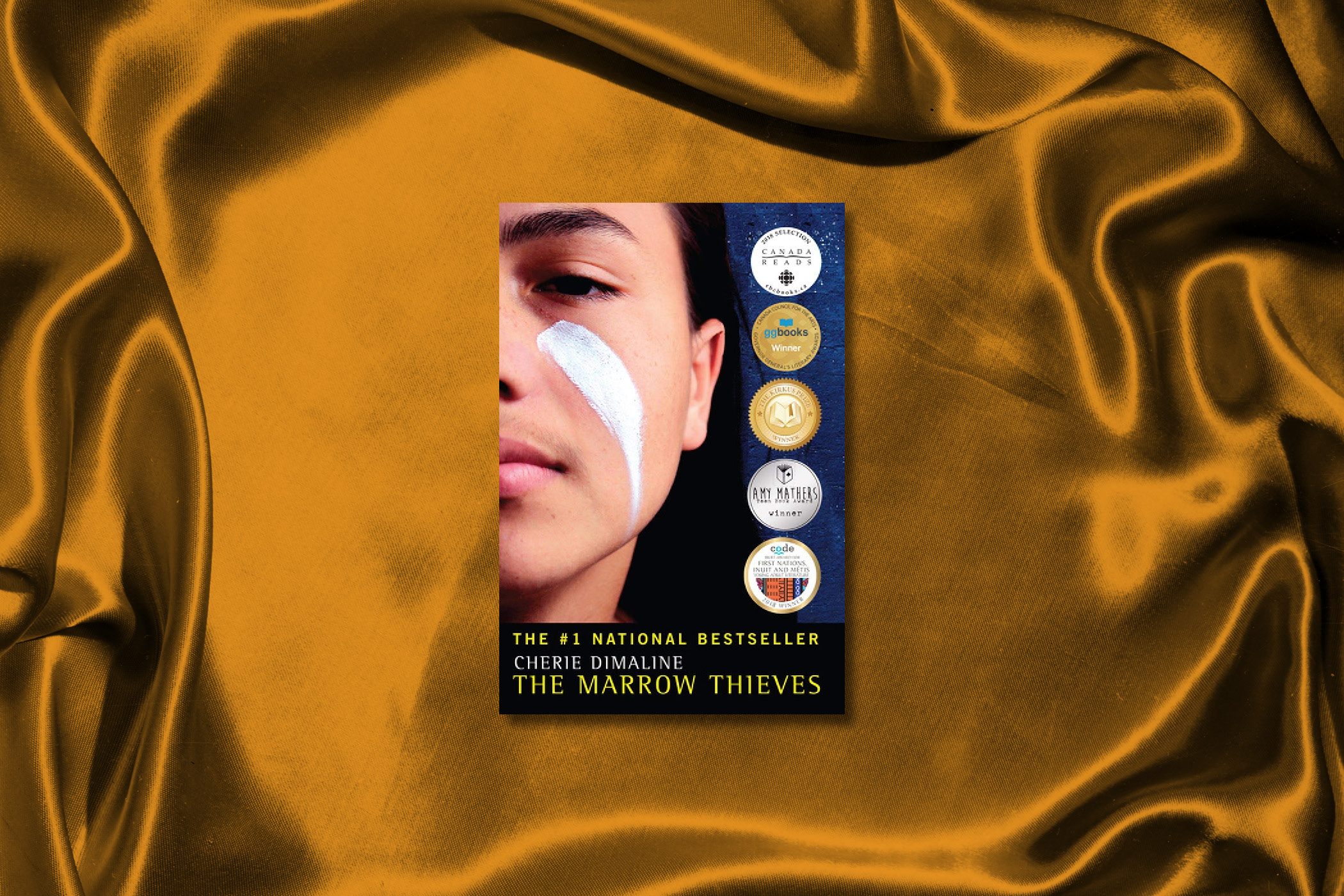In The Marrow Thieves’ dystopian Canada, irreparably marred by climate change, humanity has grown so traumatized that only Indigenous people retain the ability to dream. So the government is kidnapping them and harvesting their bone marrow in a desperate, mysterious effort to make white people’s REM cycles great again. It’s a jarring allegory for North America’s colonial past and a global future that looks more precarious every day, and one that Cherie Dimaline, a member of the Métis Nation of Ontario, gracefully unfurls in her 2017 novel. But The Marrow Thieves, a winner of the Kirkus Prize and Canada’s prestigious Governor General’s Award, isn’t just a political statement. It’s also a riveting, adventure-packed coming-of-age story whose orphaned hero, an Indigenous 16-year-old boy known as Frenchie, makes an arduous northward journey to what he and his companions hope will be relative safety, and finds community and culture in the face of violence and dehumanization. —Judy Berman
Buy Now: The Marrow Thieves on Bookshop | Amazon
- Inside Elon Musk’s War on Washington
- Meet the 2025 Women of the Year
- The Harsh Truth About Disability Inclusion
- Why Do More Young Adults Have Cancer?
- Colman Domingo Leads With Radical Love
- How to Get Better at Doing Things Alone
- Cecily Strong on Goober the Clown
- Column: The Rise of America’s Broligarchy
